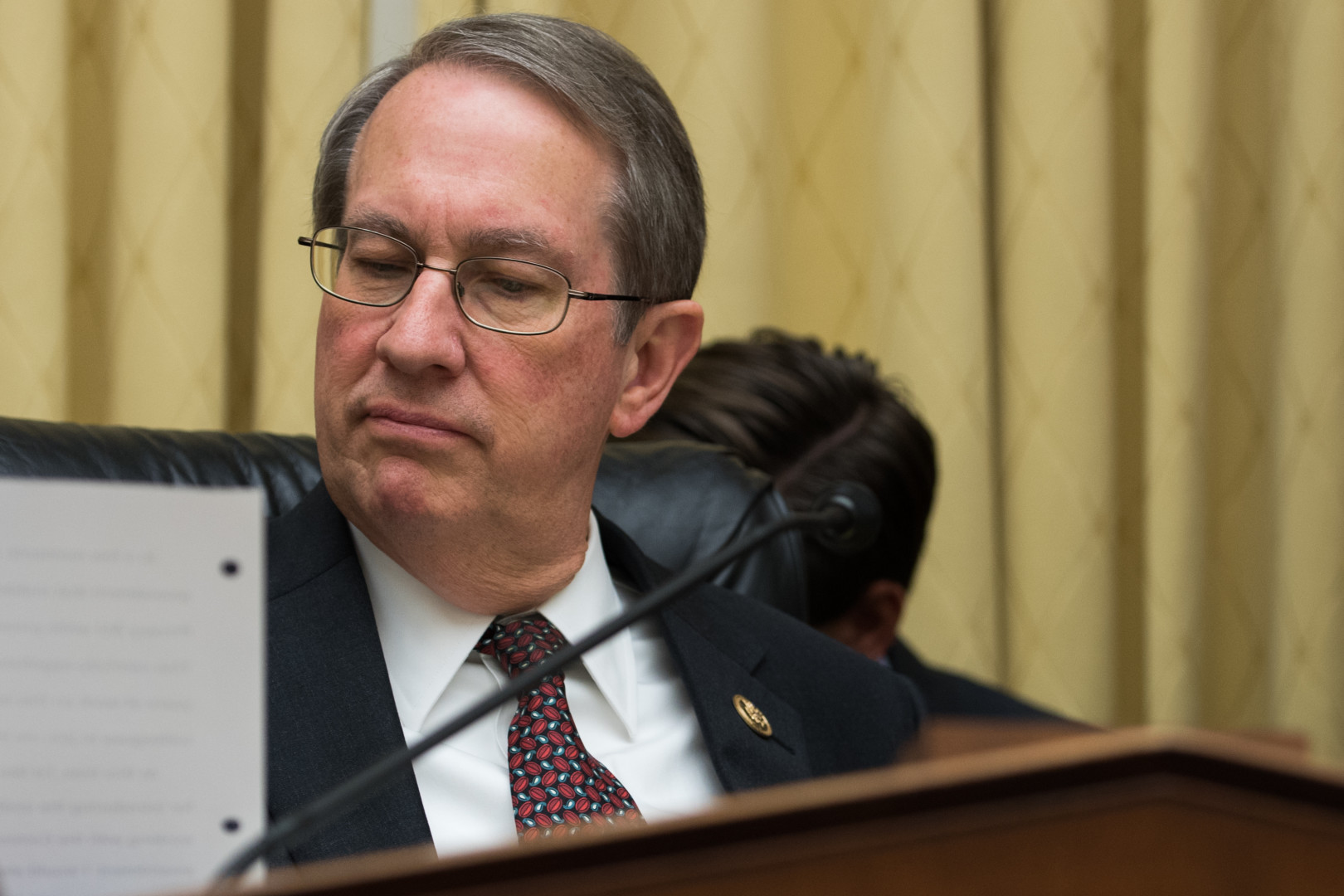House Judiciary Committee Chairman Bob Goodlatte on Wednesday said the panel’s top tech priorities consist of updating a 1986 electronic privacy law and reauthorizing a provision in the foreign intelligence statute that allows U.S. spies to intercept communications abroad.
The Electronic Communications Privacy Act, which was authored long before the widespread use of email and social media, doesn’t require law enforcement agencies to obtain a warrant before inspecting emails stored for more than 180 days. That standard is based on a 1980s understanding of electronic messaging that assumed anything stored for that period of time has been abandoned.
“This law is outdated and contains insufficient privacy protections for Americans’ email communications in today’s digital age,” Goodlatte (R-Va.) said in a speech before the Federalist Society at the National Press Club in Washington.
Rep. Kevin Yoder (R-Kan.) introduced a measure last month that would require law enforcement to obtain a warrant before investigating an individual’s online communications that have been stored in excess of 180 days or kept in a cloud storage service. That legislation has 69 cosponsors (35 Democrats and 34 Republicans), including Goodlatte, as of Tuesday.
The House unanimously passed another version of that measure in the 114th Congress, but it stalled in the Senate.
Goodlatte also said the committee will work “to reform and reauthorize Section 702 of the Foreign Intelligence Surveillance Act,” a provision that enables the attorney general and the director of national intelligence to spy on non-Americans reasonably believed to be outside U.S. borders.
Privacy advocates have raised concerns about that program, particularly in the wake of former National Security Agency contractor Edward Snowden’s 2013 revelations about the collection of American citizens’ communications by U.S. spy agencies.
“Committee leaders will again work together in a bipartisan fashion to ensure American’s privacy is protected as the government lawfully surveils the online activities of foreigners seeking to harm us,” Goodlatte said in Wednesday’s speech.

